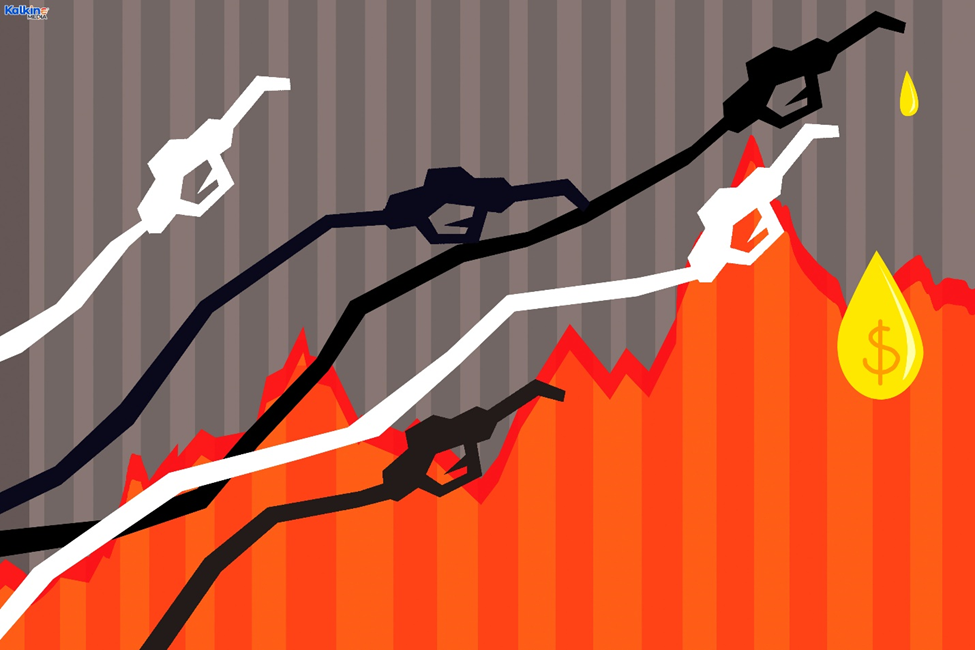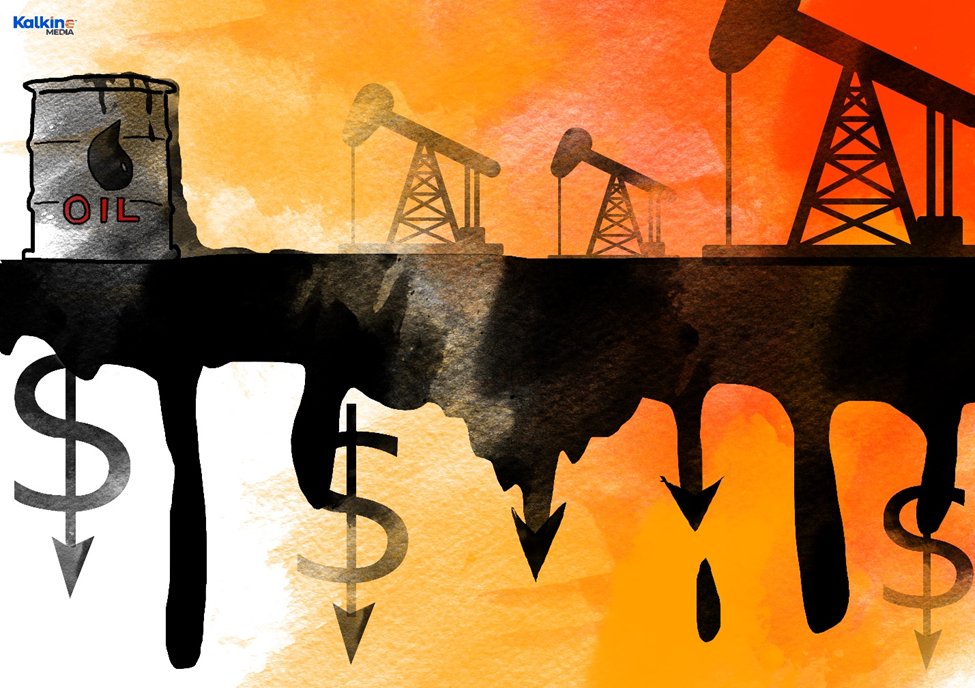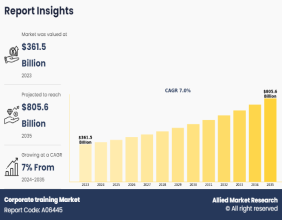Highlights
- The average petrol prices have soared to a new record high of 177.9p a litre at UK forecourts from 172.1p on 27 May.
- The RAC has called for government intervention as fuel prices have been hitting a new high every few days.
- The Brent oil prices topped US$120 per barrel in Monday trading after Saudi Arabia raised its July crude oil prices amid tight supply and strong demand expectations.
The average petrol prices have soared to a new record high of 177.9p a litre at UK forecourts from 172.1p on 27 May, according to figures from data firm Experian Catalist.

©2022 Kalkine Media®
According to the RAC, the average cost of filling a 55-litre family car in the UK has become £3 more expensive to nearly £98 over the week. The diesel prices have surged to a record high of 185.0p a litre from 182.7p a litre.
The RAC has called for government intervention as fuel prices have been hitting a new high every few days in recent months with a spike in demand and short supply.
The worse is yet to come. The Brent oil prices topped US$120 per barrel in Monday trading after the world’s largest oil exporter Saudi Arabia raised its July crude oil prices amid tight supply and strong demand expectations in summer. The main reason behind the spike is China’s plan, which is the world’s largest oil importer, to reopen its economy after a lengthy Covid-19 lockdown. The move came even after OPEC+ producers agreed last week to accelerate output in the next two months by 648,000 barrels per day to offset Russian supply losses.
The world’s largest oil exporter has raised the July official selling price (OSP) for its flagship Arab Light crude to Asia by US$2.10 a barrel from June to a US$6.50 premium. The OSP reached its highest level since May and much higher than the forecast of around US$1.5.
At the time of writing, Brent oil futures were up by 0.65% to US$ 120.30 a barrel and US West Texas Intermediate (WTI) crude futures were up by 0.68% to US$ 119.33 a barrel.
Related Read: GRI, WJG, CRN: Stocks to eye as availability of rental homes come down
Let us look at 3 FTSE-listed oil stocks that may get impacted by a further rise in oil prices.
- Shell Plc (LON: SHEL)
With a market cap of £178,016.96 million as of 7 June 2022, the global group of energy and petrochemical companies operates its business primarily in four segments. These are upstream, downstream, integrated gas, renewables & energy solutions.
The FTSE 100-listed oil and gas company has delivered a return of 72.22% over the last one year and its shares were trading at GBX 2,407.50, up by 0.54% at 8:05 AM (GMT+1), as of 7 June 2022.

©2022 Kalkine Media®
- Harbour Energy Plc (LON: HBR)
The UK’s largest listed independent oil and gas company’s market cap stands at £3,556.83 million as of 7 June 2022. The company holds a leading position in the UK and has an interest in Mexico, Indonesia, Norway, and Vietnam.
The FTSE 100-listed oil and gas company’s year-to-date return stands at 8.56% and its shares were trading at GBX 384.30 at 8:05 AM (GMT+1), as of 7 June 2022.
Related Read: AAL, GLEN, RIO: Should you keep these stocks on your radar?
- Vivo Energy Plc (LON: VVO)
The market cap of the UK-based downstream petroleum company stands at £1,778.79 million as of 7 June 2022. The company has operations in 23 countries in Africa with a network of over 2,400 service stations. It also distributes and markets Shell and Engen branded fuels and lubricants to its African customers.
The share value of the FTSE 250 listed-petroleum business has appreciated by 34.03% over the last one year and its shares were trading at GBX 141.00, up by 0.43% at 8:05 AM (GMT+1), as of 7 June 2022.
Note: The above content constitutes a very preliminary observation or view based on market trends and is of limited scope without any in-depth fundamental valuation or technical analysis. Any interest in stocks or sectors should be thoroughly evaluated taking into consideration the associated risks.





